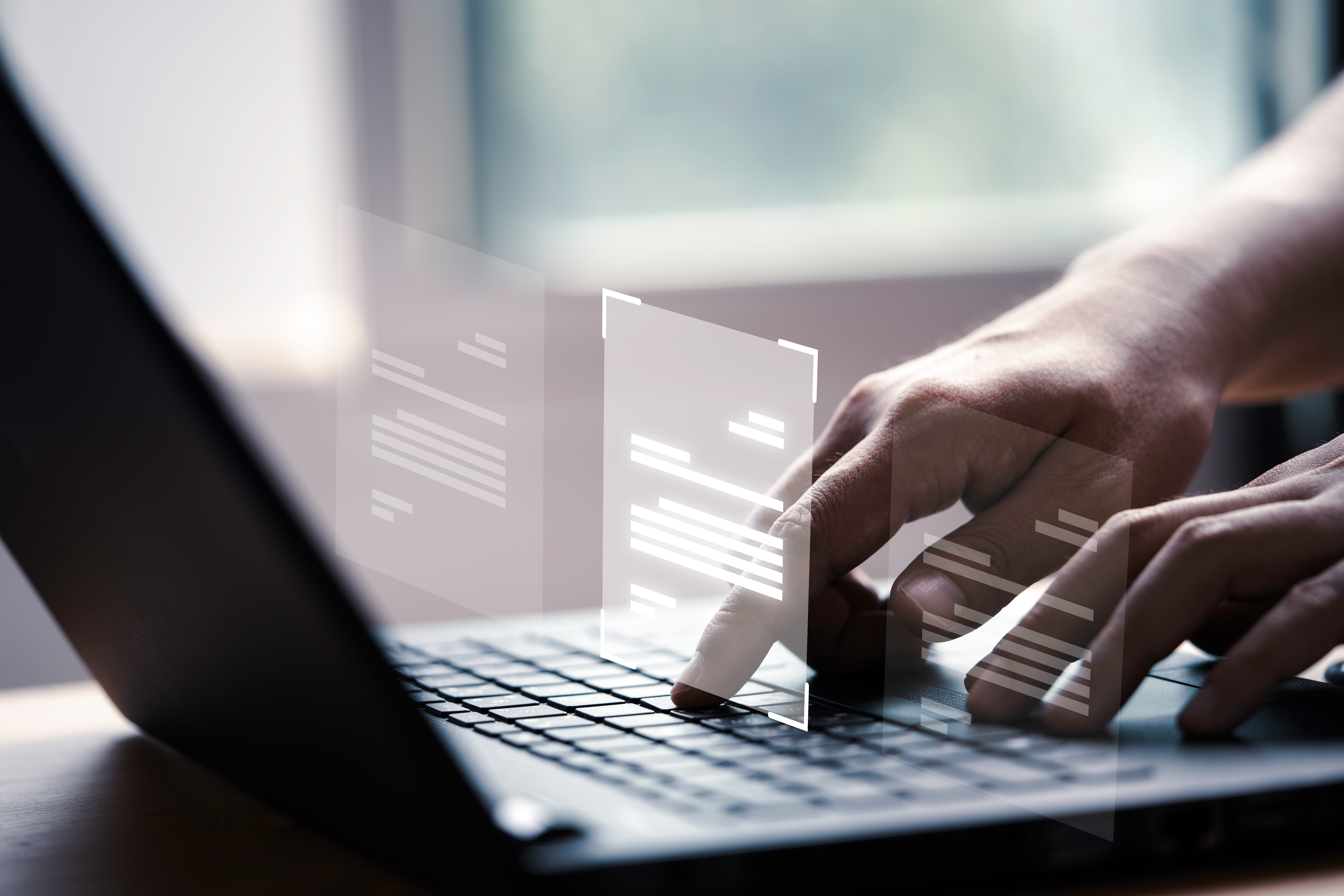In 2021, despite having an end-to-end PunchOut system in place, the City of Sioux Falls’s procurement department was still processing thousands of purchase orders annually. Frustrated with the inefficiency of their system, procurement officers set out to find a best-of-breed eProcurement solution for the city.
The Problem
The city’s PunchOut system was ineffective and therefore not being utilized by employees in the field. Not only was it clunky, but it also lacked functionality, it was hard to access, and users found the checkout process cumbersome. It was easier to send requisitions for purchases to procurement than to try to make purchases through the system they had in place. The city was also limited in the number of catalogs the system could employ, leaving options for products also limited. Additionally, the procurement department found running reports to be a lengthy process in their former system.
About the City of Sioux Falls
Boasting highly rated schools, low tax rates, affordable housing, and a dynamic parks and recreation system, the City of Sioux Falls provides its citizens with a great place to live, work, learn and play. It is no wonder that in 2020, the city was voted tenth among the 100 best places to live in the U.S. (livability.com). Situated in the middle of the Great Plains, the City of Sioux Falls is the largest city in South Dakota, with a population of 180,927. Its progressive city government, with a 2022 operating budget of $281 million, is led by Mayor Paul TenHaken. The Mayor has continually pledged his commitment to investing city dollars into technology to improve processes.
Time for a Change
Purchasing Manager Scott Rust and Business Analyst Matt Newman knew that if they ever wanted to have a tool that made purchasing easier and that would be embraced by city employees, they would have to find one that was much more user-friendly. They set out to find a best-in-breed eProcurement platform that could provide an easy and effective shopping experience for end-users.
User Acceptance Number One Priority
Because user acceptance was the top priority for the city, they evaluated their options based on end-user needs. Rust and Newman created a list of features they surmised city departments would need in a new system. Then, they took that list to city employees to see if they were on the right track, and if there was anything that they may have missed. Based on the feedback they received they modified their list. “We listened to our end-users. We wanted them to be in the driver’s seat,” said Rust. Besides end-user acceptance, it was also important to the procurement department that the new system offer robust reporting capabilities.
Best-of-breed eProcurement System
The City of Sioux Falls set out to find a “best-of-breed” eProcurement system. They conducted a formal evaluation of systems recommended by their counterparts at various schools, cities, and states. One system that was endorsed, the EqualLevel marketplace, seemed to check all of the city’s boxes. With its ability to provide users with an easy and effective shopping experience with unlimited catalogs in one centralized location, along with its extensive reporting capabilities, EqualLevel’s system seemed like a win for both the city’s end-users and the procurement department alike. During a demo, the city looked at every facet of the software to determine ease-of-use for the end-user. The checkout process was simple and seamless. On the administrative side, they found the workflow worked well for routing purchases over a certain threshold to procurement. They were also impressed with the system’s dashboard and reporting features.
CFO Approval
Selling the product to the city’s CFO turned out to be an easy process for Rust and Newman. EqualLevel’s marketplace would cost less than their current product and it had a better ROI, making it a “no brainer,” said Newman. Having the ability to use a single sign-on through the city’s intranet, as well as the security certificate EqualLevel has in place, were selling points for the city’s IT department.
“We were surprised how fast it was adopted and how fast it earned a prominent spot on our city’s intranet.”
The City of Sioux Falls ultimately decided to partner with EqualLevel and signed a contract in fall 2021. The implementation process began with a kick-off meeting between the city and EqualLevel where the project was divided into stages and an aggressive timeline was established. The city supplied EqualLevel with the names of the suppliers that needed to be set up in the system. “EqualLevel worked closely with us and each of our suppliers. Some suppliers were more familiar with PunchOut than others. EqualLevel worked step-by-step with the companies that needed more help with the process,” Newman shared. In keeping with their timeline, the city was able to fully roll out the new system in April 2022. “The process was not too cumbersome at all,” said Rust. “We were surprised how fast it was adopted and how fast it earned a prominent spot on our city’s intranet.”
Launch
The City of Sioux Falls decided to launch its EqualLevel marketplace utilizing its pCard program for payment. Since the launch of the city’s new EqualLevel marketplace, there have been more orders, contract compliance has increased, and there has been less maverick spending. “Now that we have been able to add so many more catalogs, the spend has gone up on contract considerably,” said Rust. In the three months the system has been in use, over $350,000 in spend has been executed through the marketplace. In the last 30 days alone, there have been over $30,000 in purchases. “EqualLevel was able to create an easy-to-use, Amazon-like shopping experience for the city. EqualLevel’s flexibility allowed us to create the system we need. The checkout process is seamless. From the field to the office, everyone can use it,” said Rust.
Today, with the implementation of the EqualLevel program, the city has removed over 600 purchase orders from the system. Buyers no longer have to wait for procurement department approval before making purchases. “Having 600 plus requisitions out of our system has freed up procurement employees to do other things. With supply chain issues and federal money that has become available, procurement is not getting any less busy. It truly couldn’t have come at a better time,” said Rust.
More City Dollars Kept Locally
The city currently has 20 supplier catalogs onboarded with plans for more in the future. The fact that there is no limit to the number of catalogs that can be added equates to time savings for employees who can now utilize the procurement software as a one-stop-shop. Of the suppliers that have been onboarded, 12 have brick and mortar stores within city limits, allowing more of the city’s dollars to be kept locally. “Doing business with local retailers has been a priority for our city. With EqualLevel’s tool we are able to satisfy that goal,” said Rust.
Reporting
On the administrative side, the marketplace’s dashboard includes reports that show up-to-date spend for the month or for the week, or by user. Easy-to-run reports and the ability to customize ad hoc reports means the product is not just a fit for departments in the field, but also for city administrators.
User Acceptance
With 250 active users, the city has achieved a 70% user acceptance rate which is better than they had anticipated. End-users are taking ownership of the system including suggesting catalogs to add and providing ideas to make the software work even better for them. “With everything in one system, users are motivated to use it. People feel good about saving money with the built-in savings advisor, ELSA, and administrators like seeing their savings accumulate through the ELSA reporting,” said Newman.
pCards
The ease of using the pCards through the marketplace has provided other benefits as well. “The rebate with our pCard program has grown exponentially through the increased use of the marketplace,” said Newman. “This additional rebate further increases the product’s ROI.”
“The possibilities are endless.”
Now that phase one implementation has been completed, Rust and Newman look forward to watching the marketplace continue to evolve and to seeing the savings achieved after the system has been in place for a full 12 months. Phase two plans are in place to add more catalogs and more users. “The system will continue to evolve and get better as we use it. The possibilities are endless,” said Rust.
The city sought to build a best-of-breed procurement solution for their community and they believe they have found it. “The product provides ease-of-use for both the end-user and the administrator. The analytics of the tool are amazing. We now have so much information at our fingertips.” Rust and Newman are excited about the future and the growing benefits that the EqualLevel marketplace will provide.









